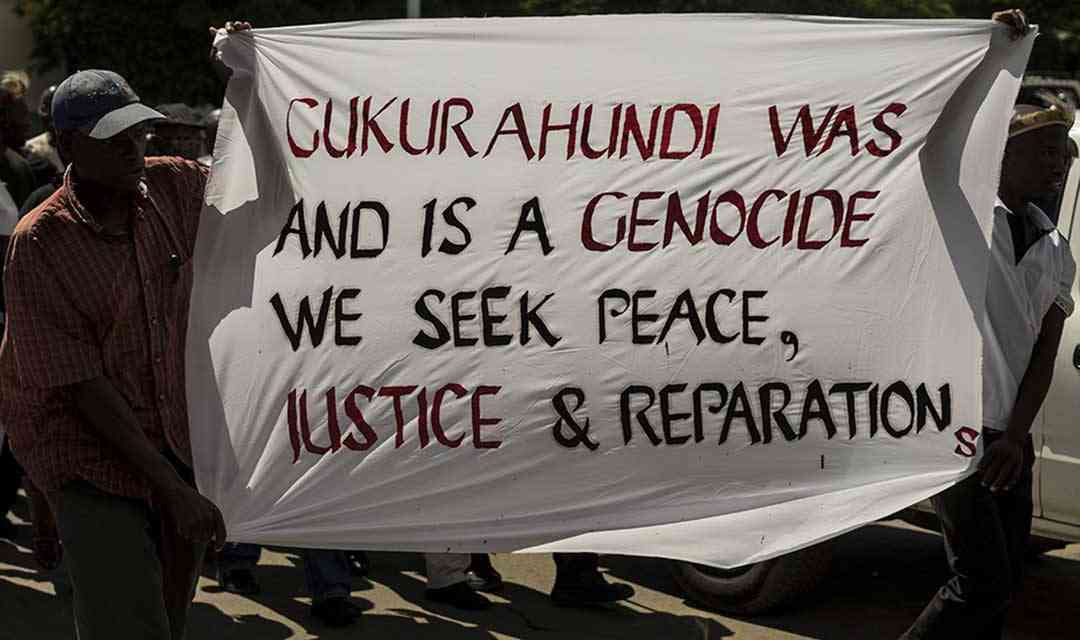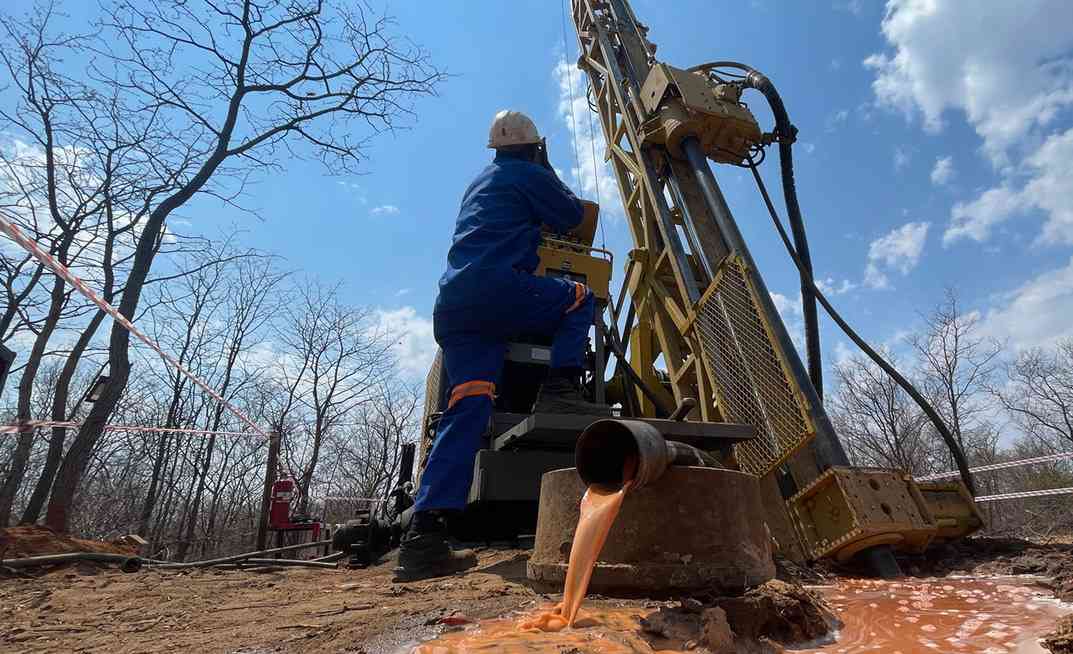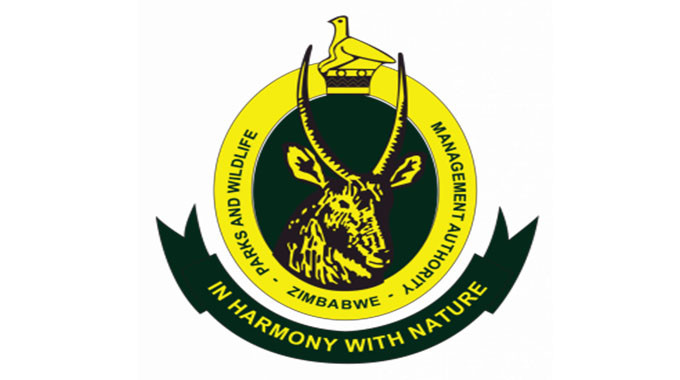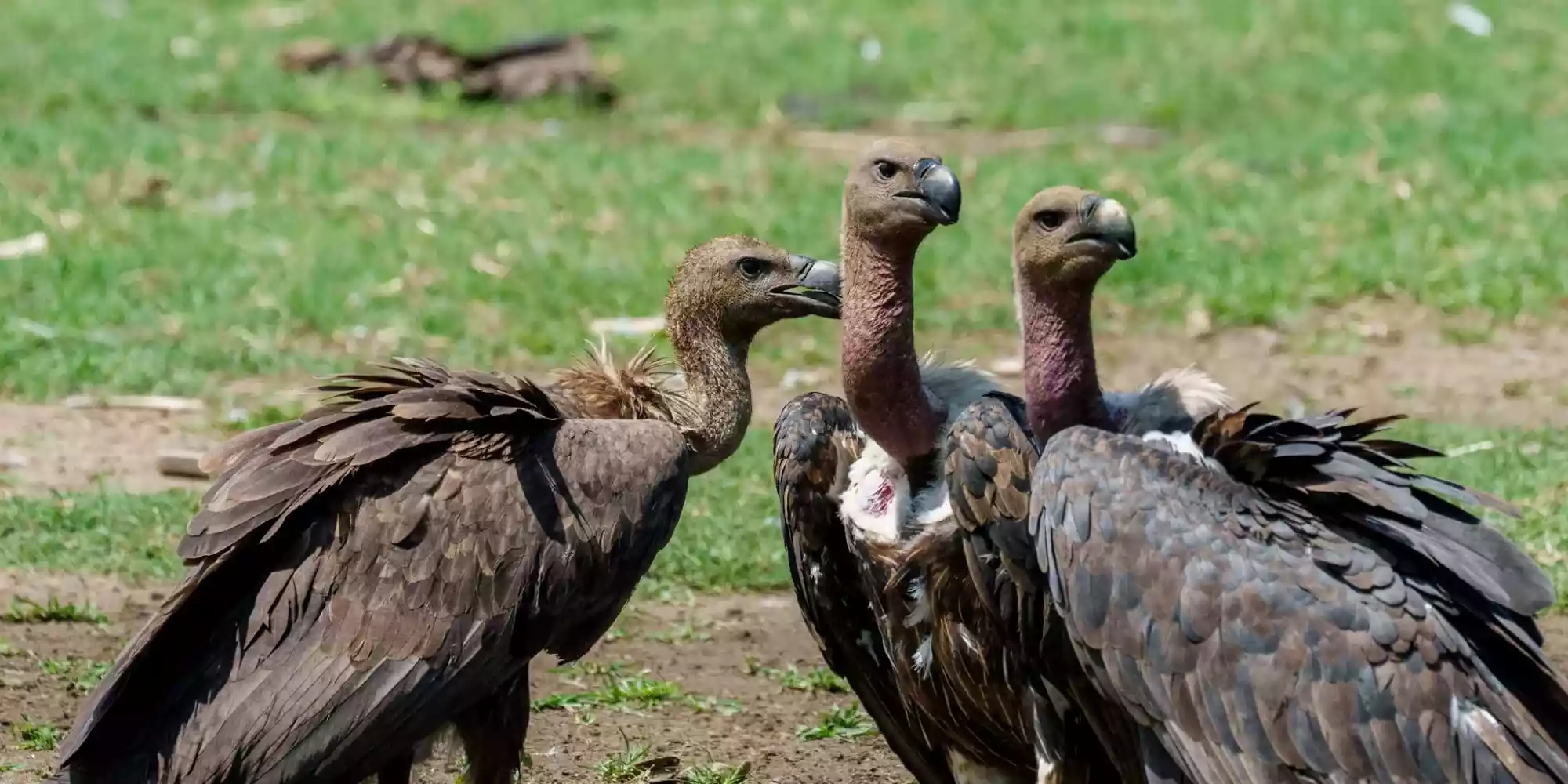
GUKURAHUNDI survivors are calling on government to consider their plight by compensating them for the horrors they endured at the time before they die of old age.
Survivors told Southern Eye Weekender that it was disheartening that the country will be celebrating the Unity Accord tomorrow without any redress to the 1980s mass killings.
The Unity Accord was signed on December 22, 1987 between PF Zapu and Zanu to stop the killings in Midlands and Matabeleland regions.
The killings by the North Korea-trained 5 Brigade unit targeted mainly suspected PF Zapu supporters and people of Ndebele origin, according to research and testimonies from survivors.
At least 20 000 civilians were killed, while those surviving have been left with physical and emotional scars.
One of the survivors, Charles Thomas, said they need an apology and compensation.
“The Unity Accord was only meant to stop mass killings of innocent people,” Thomas said.
“We need recognition in terms of an apology and compensation. Some of us are still nursing injuries incurred and worse still we lost all our properties to thieves during the Gukurahundi.
- Ziyambi’s Gukurahundi remarks revealing
- Giles Mutsekwa was a tough campaigner
- New law answers exhumations and reburials question in Zim
- Abducted tourists remembered
Keep Reading
“We are now in a festive season. Our families have nothing to enjoy, no one will come to donate to us even if government is silent about our plight yet we find ourselves in this predicament because of this leadership.”
He cited atrocities committed in other countries such as Rwanda, where the respective governments have taken measures to find closure to the killings.
In the late 1990s and early 2000s, thousands of people were arrested, and many were charged and tried under the Rwandese Gacaca system for the genocide that killed an estimated 800 000 Tutsis and moderate Hutus between April 7 and July 19, 1994.
Gacaca took its name from a community-based dispute resolution mechanism traditionally used to resolve minor disputes, but drew heavily on a more conventional model of punitive justice.
Its objectives included not only delivering justice, but also strengthening reconciliation and revealing the truth about the genocide
“I was in Bhalagwe last week to check on shallow graves, where some of our brothers and sister are buried since it’s the rainy season,” Thomas said.
“The situation is pathetic, some of the skeletons are in the open, we tried to fix the situation but to a lesser extent because we do not have resources.
“We need a day to be set aside so that all the Gukurahundi survivors can gather and share their experiences while praying for closure.”
Zipra war veterans association deputy spokesperson Joakim Moyo said they were still mourning innocent citizens who were brutally killed by members of 5 Brigade.
“What is disheartening is that when we try to fix the mass graves where the innocent souls are buried, we get into trouble with the powers that be,” Moyo said.
President Emmerson Mnangagwa this year tasked chiefs with leading public hearings into the mass killings.
The exercise has not moved an inch as no budget has been released for the hearings, with critics saying there is no political will to address Gukurahundi.










